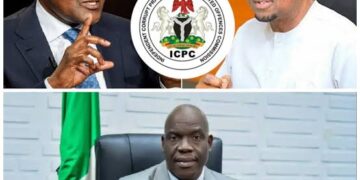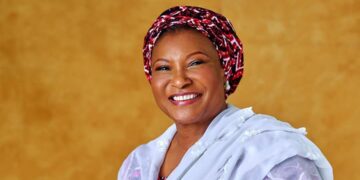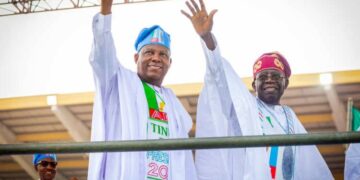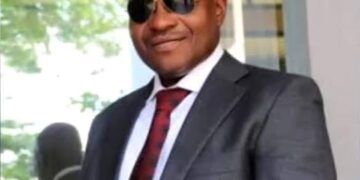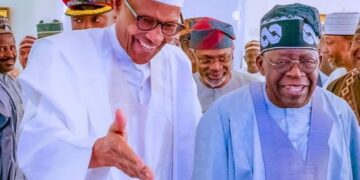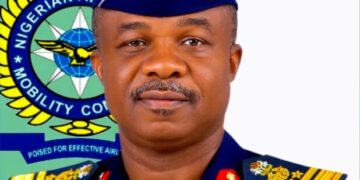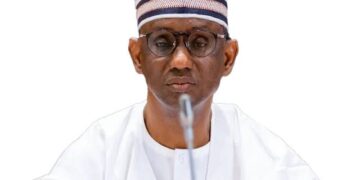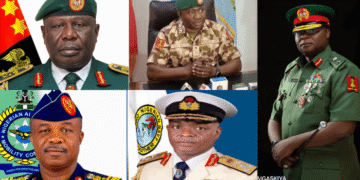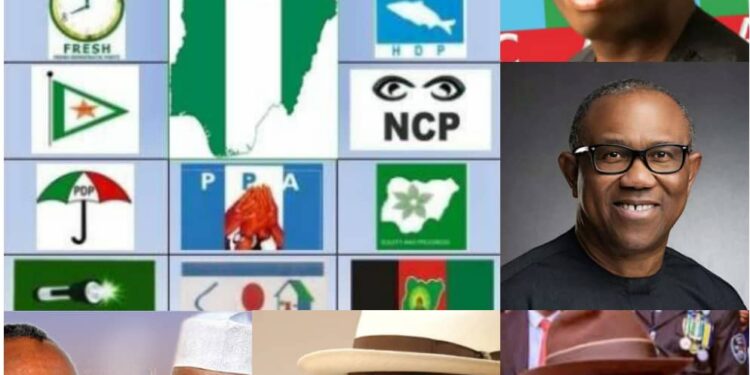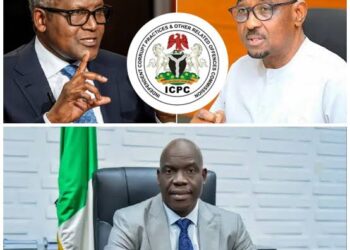A growing trend of defections to the All Progressives Congress (APC) by politicians from opposition parties is raising concerns among analysts, who say the moves are less about ideology and more about political survival and immunity from prosecution.
An investigation by TJ News Nigeria suggests that several high-profile politicians facing corruption investigations are switching allegiance to the APC in exchange for protection, political favors, and future electoral assurances.
Delta State at the Center of the Storm
Former Governor Ifeanyi Okowa, recently arrested by the Economic and Financial Crimes Commission (EFCC), is accused of mismanaging ₦1.3 trillion—including ₦40 billion allegedly diverted from a state-backed LNG project. Shortly after his arrest, Okowa defected to the APC, a move seen by critics as a bid to avoid prosecution.
Governor Sheriff Oborevwori, Okowa’s successor and political ally, followed suit in April 2025 after the EFCC detained the state’s Accountant-General over related allegations. He later met with President Bola Tinubu in a closed-door meeting, which fueled speculation about a political arrangement.
Alleged Incentives for Defectors
Leaked documents and insider reports indicate that defectors may be offered:
- Automatic 2027 election tickets
- Multi-billion naira constituency project allocations
- Suspension or soft-pedaling of EFCC probes
- Appointments to federal boards
- Financial support for logistics and campaign activities
Lawmakers and governors from the PDP, NNPP, Labour Party, and others are said to be targets of this strategy, especially those with pending legal cases.
Broader Patterns Across States
In Katsina, Kano, and Kebbi, prominent politicians have switched to the APC, often following closed-door meetings or policy offers. In Kano, Senator Kawu Sumaila reportedly secured ₦90 billion in constituency projects post-defection. In Kebbi, defectors were allegedly promised federal board positions and contracts.
As of May 2025, over 30 members of the House of Representatives have defected, most to the APC.
Official Denials and Public Skepticism
While several defectors have denied receiving inducements, the rapid approvals of projects and appointments after defections have sparked public suspicion. Civil society groups and analysts argue that these patterns weaken democratic competition and erode the credibility of institutions like the EFCC, which has gone silent on reopened investigations.
Opposition in Disarray
The PDP, LP, and NNPP are grappling with internal divisions, legal disputes, and diminishing influence. Atiku Abubakar’s coalition efforts have stalled, while Labour Party struggles with leadership conflicts.
One exception is Senator Ikra Bilbis of Zamfara, who denied defection rumors but reportedly began receiving federal projects, raising questions about the reach of the ruling party’s influence.
Analysts Warn of a One-Party Future
Observers fear that Nigeria is drifting toward a one-party system where opposition is neutralized not through elections but through strategic co-optation.
“This is less about democracy and more about transactional politics,” said analyst Ayo Jegede. “When loyalty trumps accountability, governance suffers.”
Public Reactions
Nigerians online have responded with outrage, sarcasm, and disillusionment, calling it a “democracy for sale” and mocking the apparent immunity defectors enjoy.
As the 2027 elections draw closer, the political landscape is rapidly shifting, but not necessarily in favour of democratic ideals.

